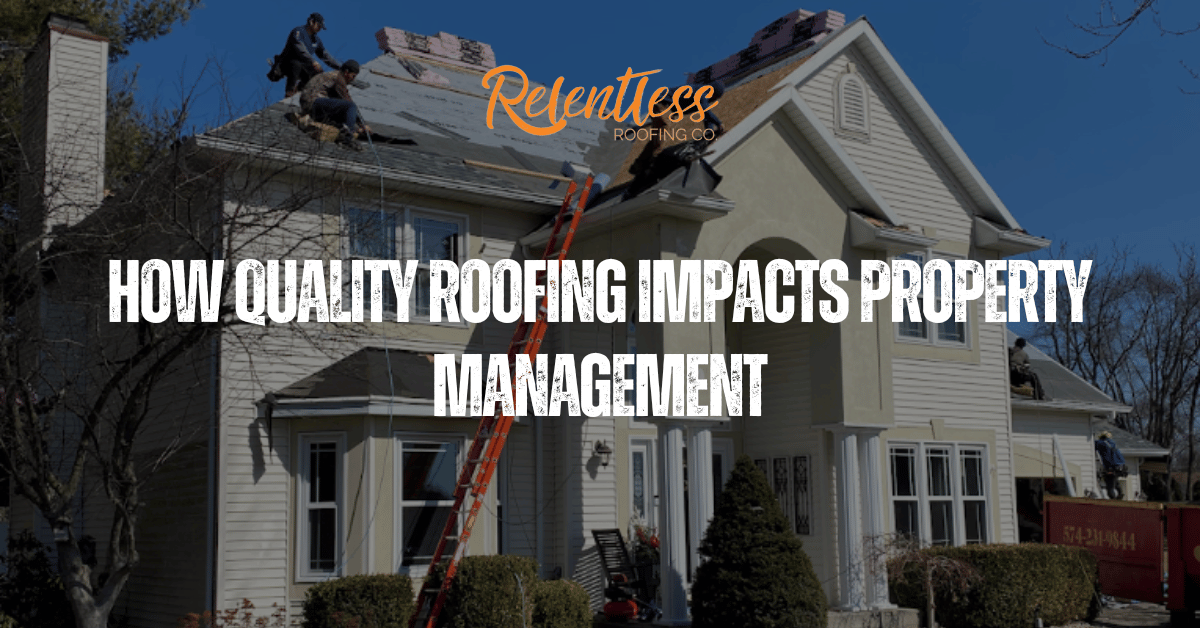Introduction
Choosing the right commercial roofing contractor is a crucial decision that significantly influences the success, longevity, and overall value of your roofing project. Whether you require roof installation, repairs, or ongoing maintenance, working with a trusted and experienced contractor ensures your commercial roof operates efficiently, withstands the elements, and delivers long-term reliability.
To help you in this regard, this article provides a comprehensive guide to the key steps and factors to consider when selecting a commercial roofing contractor.
10 Essential Factors to Consider When Choosing a Commercial Roofing Contractor
1. Verify Credentials and Licensing
Ensure the contractor is fully licensed and insured to work on commercial buildings in your area. A licensed roofing contractor demonstrates professionalism and compliance with local regulations. Confirm their certifications and ask if they are affiliated with reputable organizations like the National Roofing Contractors Association.
What to Check:
- State or local licenses for commercial roofing services.
- Proof of insurance, including liability insurance and workers’ compensation.
- Certifications from roofing manufacturers for specific roofing materials.
Contractors with adequate insurance and certifications are better equipped to handle any unexpected issues that may arise during the roofing project.
2. Assess Experience and Expertise
Experience matters in the roofing industry, especially for large-scale commercial roofing projects. Look for a contractor with a strong track record of working with commercial roofs like flat roofs, metal roofing systems, or asphalt shingles.
Questions to Ask:
- How many years have you been working in commercial roofing?
- What types of roofing systems do you specialize in?
- Can you provide references or examples of past roofing jobs?
Experienced contractors can anticipate challenges and deliver superior results tailored to your specific needs.
3. Check References and Online Reviews
Customer feedback provides valuable insight into a contractor’s reputation. Request references from previous customers and check online reviews on platforms like Google, Yelp, or the Better Business Bureau.
What to Look For:
- Positive reviews about customer service and quality workmanship.
- Evidence of timely project completion and accurate roofing estimates.
- Resolutions to customer complaints or issues.
Contractors with satisfied customers and strong client references demonstrate reliability and professionalism.
4. Evaluate Their Safety Record
Safety is critical in commercial roofing projects due to the scale and complexity involved. A contractor with a strong safety record minimizes risks to workers and your property.
Questions to Ask:
- Do you follow federal safety requirements and OSHA guidelines?
- Do you have a documented approach to safety on roofing jobs?
- What steps do you take to ensure safety during roof installation or roof repairs?
A reputable contractor will prioritize safety while delivering exceptional results.
5. Ensure They Offer a Detailed Contract
A comprehensive contract protects both you and the contractor. It should outline every aspect of the project, from materials and labor costs to timelines and warranties.
What to Include:
- Scope of the project, including specific roofing materials and systems.
- Start and completion dates.
- Warranty details for roofing services and materials.
Avoid unlicensed contractors or those unwilling to provide a detailed agreement.
6. Confirm Warranty Options
A good contractor offers robust warranties for both materials and workmanship. Ask about their workmanship warranties and how they handle warranty claims.
Types of Warranties:
- Material warranties provided by roofing manufacturers.
- Workmanship warranties to cover installation defects.
Strong warranties are a sign of a contractor’s confidence in their work and commitment to customer satisfaction.
7. Compare Estimates but Avoid the Lowest Bidder
While budget considerations are important, don’t be tempted by the lowest bidder without evaluating the quality of their work. Obtain estimates from multiple roofing companies to find a balance between affordability and quality.
What to Look For:
- Accurate quotes that include labor costs, materials, and any additional fees.
- Transparency in pricing for commercial roofing repairs or installations.
- Fair prices that reflect the quality of materials and services offered.
8. Look for Local Expertise
A contractor familiar with local weather patterns, building codes, and regulations is better equipped to handle challenges unique to your area. Local commercial roofing contractors are also easier to reach for ongoing maintenance or warranty claims.
Benefits of Local Contractors:
- Knowledge of regional building codes and roofing challenges.
- Accessibility for emergency services, such as roof leaks or storm damage.
- Strong reputation within the local community.
9. Ask About Maintenance Services
Regular roof maintenance ensures the longevity of your investment and helps prevent costly issues. A reliable commercial roofing company should offer routine maintenance plans tailored to your commercial roof.
Services to Expect:
- Inspections to identify potential roof leaks or structural issues.
- Preventative repairs to address small problems before they escalate.
- Cleaning and clearing of debris to maintain proper drainage.
10. Assess Communication and Customer Service
Strong communication and customer service are vital for a successful roofing project. A professional contractor will keep you informed throughout the process and address any concerns promptly.
Signs of Good Customer Service:
- Prompt responses to inquiries and accurate estimates.
- Clear communication about timelines and the installation process.
- Professionalism in handling client questions and feedback.



